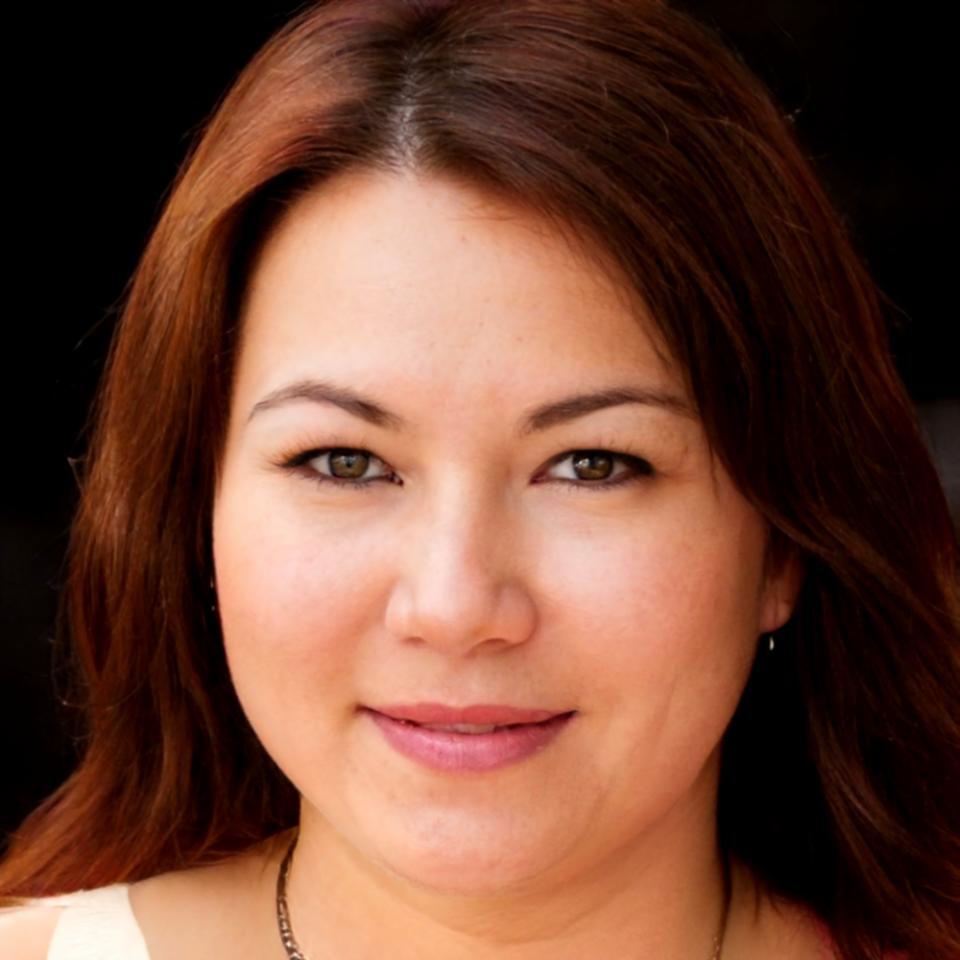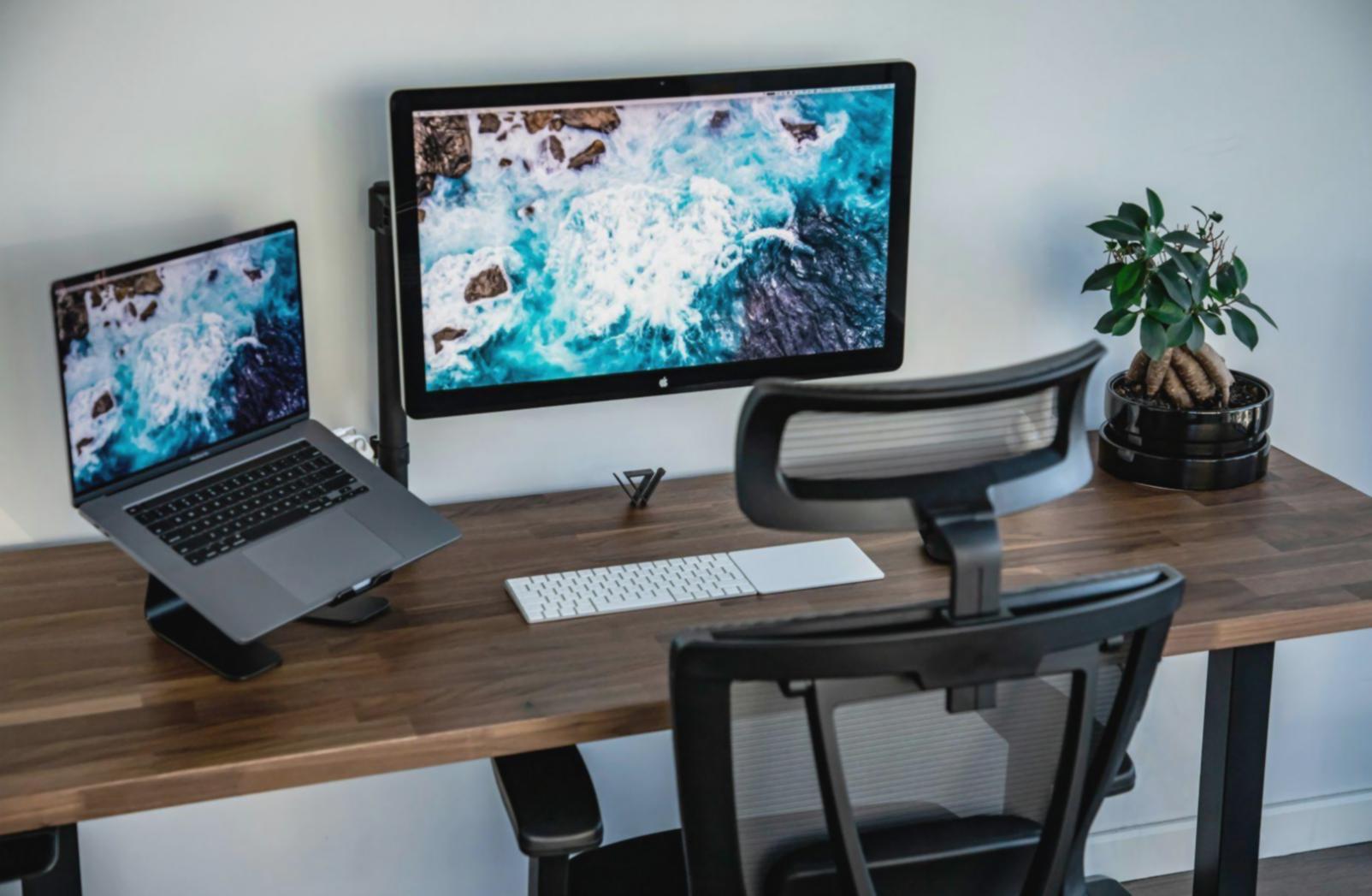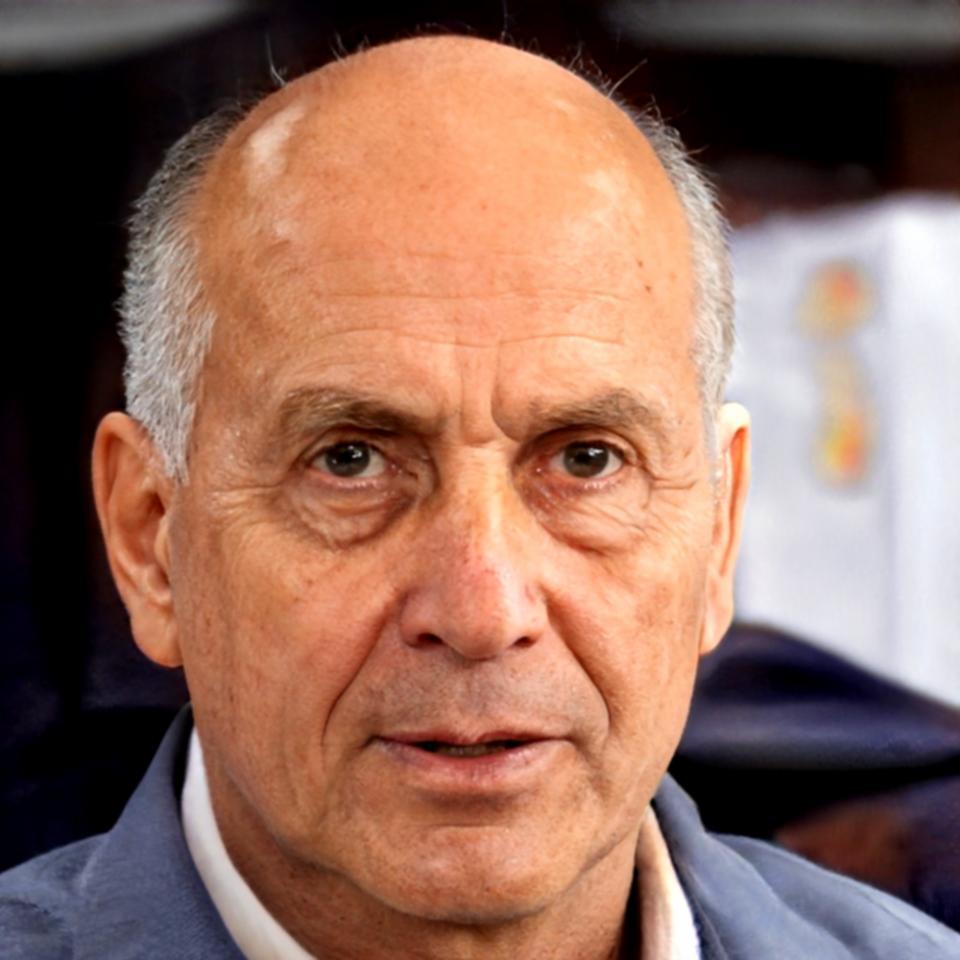Before You Start Your Financial Journey
Ready to take control of your financial future? Let's make sure you're prepared for what's ahead. This quick guide will help you get the most out of Skilliora Flow's financial programs.
Get Personalized Advice
Essential Preparation Steps
Your Financial Readiness Checklist
I've seen so many folks jump into financial education without doing the basics first. Before diving into our programs, take some time to get these fundamentals sorted. Trust me, it'll make everything click faster!
Gather Your Financial Documents
Round up your recent bank statements, tax returns from the past two years, and any loan or credit card statements. Having these on hand makes the learning process much more relevant to your situation.
- Bank statements (last 3 months)
- Recent tax returns
- List of current debts and interest rates
- Current investment account statements
Define Your Financial Goals
What are you hoping to achieve? Maybe it's starting a business, building wealth for retirement, or just getting better at managing day-to-day finances. Be specific about your goals — it'll help us tailor our guidance.
Get Comfortable with Basic Terms
You don't need to be an expert, but having a basic understanding of financial vocabulary will help you hit the ground running. No need to memorize everything — just get familiar with the key concepts.

Tip from Our Financial Coach
"I always tell my new students to spend at least a week tracking every dollar they spend before starting our program. This simple exercise is eye-opening and creates a foundation for all the work we'll do together."
— Emily Chen, Senior Financial Coach
Technology & Tools

Setting Up Your Digital Toolkit
Back in my early days of financial planning, everything was done with paper and calculators. Now, we've got amazing digital tools that make the process so much easier. Here's what you'll need:
- A computer or tablet with reliable internet connection
- Basic spreadsheet software (Microsoft Excel, Google Sheets, etc.)
- A dedicated email for financial communications
- Optional but helpful: a smartphone for financial apps
Don't worry if you're not tech-savvy — our platform is designed to be user-friendly, and we provide step-by-step guidance for all the tools we recommend.
Mental Preparation & Expectations
Mindset for Financial Success
I've noticed that mindset is often the biggest factor in financial success. This journey isn't just about numbers — it's about changing how you think about money. Here's how to prepare mentally:
- Be ready to challenge your existing beliefs about money
- Commit to consistent action — even small steps matter
- Prepare to be honest with yourself about financial habits
- Approach learning with patience and persistence
Learning about finance is a lot like learning a new language. At first, everything seems complicated and foreign. But stick with it, and suddenly things start to make sense. You'll have those "aha!" moments when concepts click, and that's when it gets exciting.
Remember, financial education isn't a quick fix — it's an ongoing process. Give yourself permission to learn gradually and celebrate small wins along the way.

A Word from Our Director
"When I first started helping people with their finances 15 years ago, I noticed that technical knowledge wasn't the main barrier — it was emotional readiness.
Money touches every part of our lives and brings up strong feelings. Be prepared to explore not just financial concepts, but also your relationship with money itself.
This journey will be worth it. I've seen countless clients transform their financial situations once they combine practical knowledge with the right mindset."
— James Wilson, Program Director
